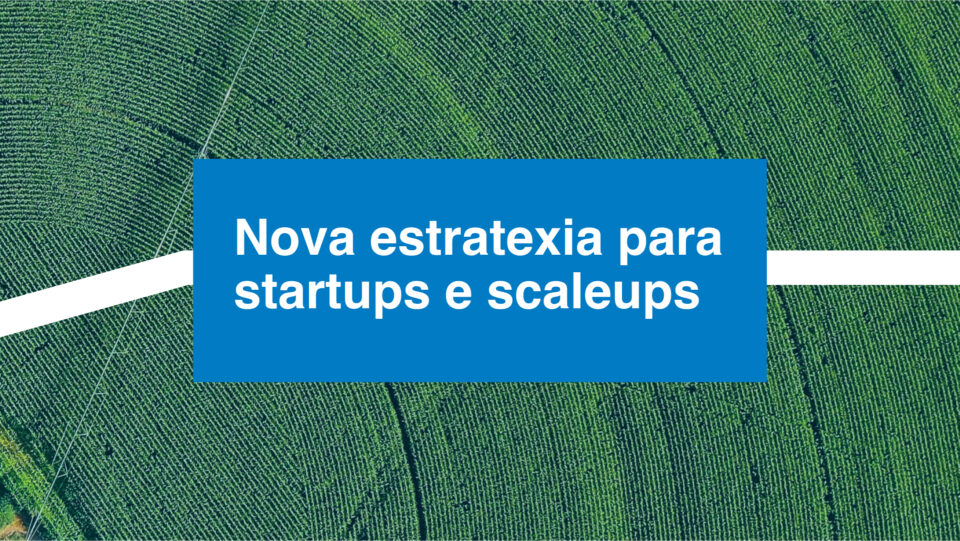High-Tech Incubators: Where the Future of Innovative Companies Is Born

Aerial view of green agriculture field, India.
In a global context marked by technological transformation, the climate crisis, and changes in production and consumption models, entrepreneurship emerges as a bold and necessary response. Increasingly, disruptive ideas aimed at solving society’s challenges are born from entrepreneurs who need support, resources, and specialized knowledge to turn those ideas into real, sustainable, and scalable business projects. This is where high-tech incubators come into play.
Incubators have evolved from being mere physical spaces to becoming true innovation ecosystems. They are dynamic environments where connections are created among people and organizations with diverse profiles but a shared goal: to accelerate innovation, promote technology transfer, and transform knowledge into economic and social value. They are places where science, technology, capital, and talent come together, collaborate, and co-create solutions for the strategic sectors of today and tomorrow.
The latest report from the INCYDE Foundation — which leads the largest network of incubators in Europe — presents figures that clearly reflect this impact: over 7,600 companies supported in Spain, nearly 150,000 jobs created, and 198 active infrastructures across the country. These numbers not only highlight the dynamism of the Spanish entrepreneurial ecosystem but also its ability to foster territorial development, industrial modernization, and social cohesion.
High-tech incubators act as catalysts. They not only provide specialized advice and mentorship during the most critical phases of a business project — such as definition, validation, and market entry — but also offer access to advanced facilities, laboratories, investment networks, and tailored training suited to each sector’s specific needs. All of this takes place within a collaborative framework where entrepreneurs, universities, technology centers, large corporations, and public institutions coexist.
Beyond their economic role, incubators also fulfill a critical social and strategic function. They help retain and attract talent, especially in peripheral or rural areas, and contribute to strengthening the innovative capacity of the local productive fabric. Many of them, such as those within the INCYDE network, are specialized in key sectors like biotechnology, healthcare, the blue economy, or agri-food — with a clear commitment to aligning innovation with the Sustainable Development Goals and the principles of inclusion, equality, and sustainability.
In this context, Business Factory Food (BFFood) stands out as a strategic accelerator in the food sector. This pioneering project in Galicia brings together the leadership of anchor companies, the expertise of knowledge centers, and the vision of entrepreneurs to create a fertile space where innovative solutions flourish in the agri-food industry. Through its incubation, acceleration, and consolidation





